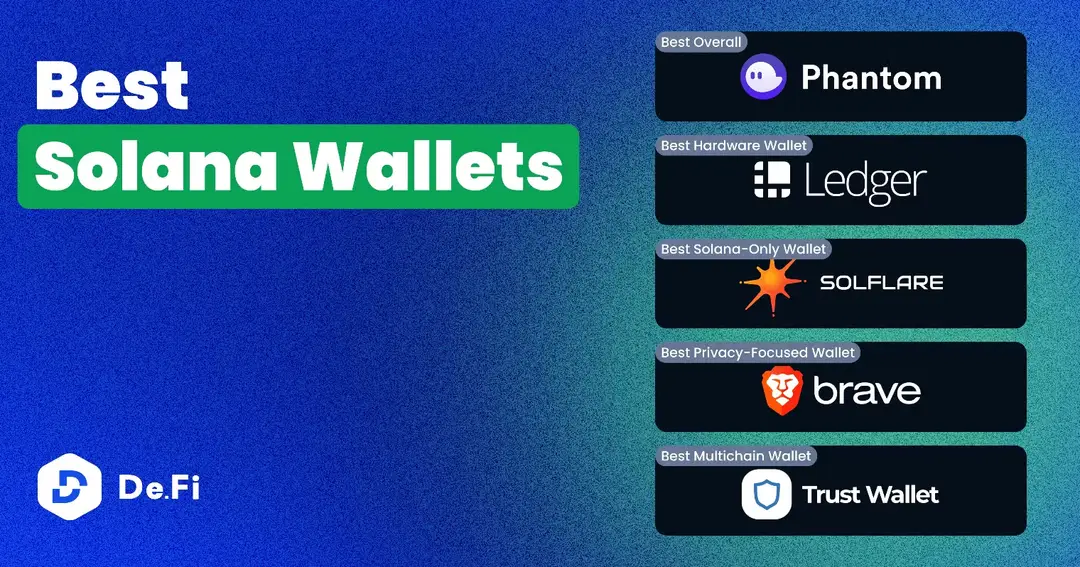Welcome to the world of Web3, where cryptocurrencies, blockchain, and a unique culture converge. Entering the world of Web3 can be both thrilling and overwhelming, especially when faced with the seemingly cryptic language used by enthusiasts. Don't worry if you feel they sound like some secret codes, we are here to unravel their meaning. In this article, we are going to introduce [Wallet].
📢
Introduction to Solana
Before diving into the specifics of Solana wallets, it's essential to understand the platform they operate on. Solana is a high-performance blockchain known for its exceptional speed and scalability. It achieves this through innovative technologies like Proof of History (PoH), allowing for a throughput of thousands of transactions per second. Solana has become a popular choice for developers and users seeking fast, low-cost transactions, particularly for decentralized applications (dApps) and decentralized finance (DeFi) operations.
What is a Wallet in Solana?
In the context of Solana, a wallet is a digital tool that allows users to store, send, and receive SOL (the native cryptocurrency of Solana) and other tokens built on the Solana blockchain. More than just a storage device, a Solana wallet interacts with the blockchain to execute transactions, participate in staking, and engage with dApps. It manages private keys—cryptographic keys that prove ownership of blockchain assets—ensuring that transactions are secure and authorized by the wallet owner.
Key Features of Solana Wallet
Solana wallets secure your private keys, ensuring that only you can access your assets. They often provide additional security measures, such as encryption, passphrase protection, and sometimes hardware-based security for enhanced protection.
Most Solana wallets come with an intuitive interface, making it easy for beginners to navigate their digital assets, view transaction histories, and interact with dApps.
Designed to interact seamlessly with the Solana ecosystem, these wallets support a wide range of Solana-based tokens and integrate with various dApps, enabling users to participate in the broader Solana community.
The Importance of Wallet in Solana
Wallets serve as the gateway to the Solana blockchain, enabling users to manage their digital assets effectively. They play a critical role in the adoption and usability of cryptocurrencies, making it possible for everyday users to engage with the blockchain without needing to understand the complex underlying technology. Whether you're trading tokens, staking SOL for rewards, or exploring the vast world of dApps on Solana, a wallet is your personal interface to the blockchain.
There are several types of Solana wallets, including:
Applications that can be accessed through desktop or mobile devices, offering a balance between convenience and security.
Physical devices that store private keys offline, providing enhanced security by keeping keys away from potentially vulnerable online environments.
Wallets that operate in a web browser, offering ease of access but requiring users to trust the platform's security measures.
When choosing a wallet, consider your specific needs, such as the level of security you require, ease of use, and the types of transactions you plan to conduct on the Solana blockchain.
Solana wallets are essential tools for anyone looking to participate in the Solana ecosystem, offering a secure and user-friendly way to manage digital assets. By understanding the role and features of wallets, beginners can confidently navigate the Web3 space, making the most of what Solana has to offer. As the blockchain landscape continues to evolve, wallets will remain at the forefront, enabling users to interact with the digital world in increasingly sophisticated and secure ways.
